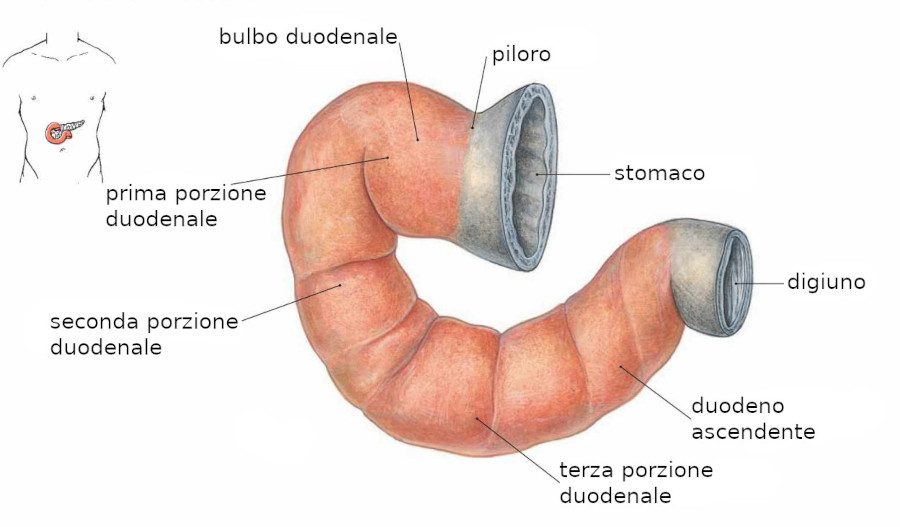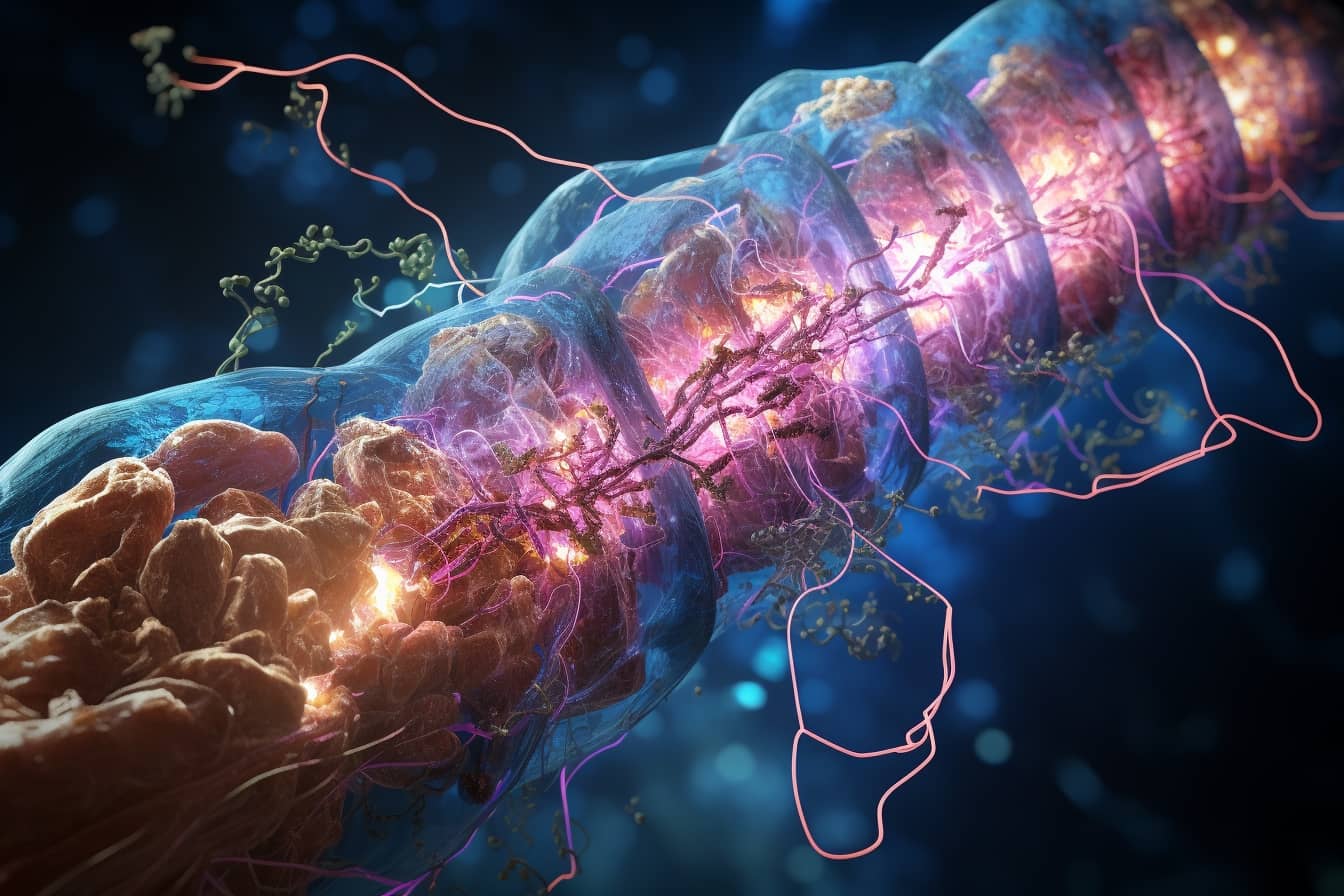The duodenum, the initial segment of the small intestine often overlooked in our daily reflections, could hide the secret to revolutionizing the treatment of type 2 diabetes.
In a bright and well-equipped laboratory at the University of Amsterdam two researchers, Celine Busch e Jacques Bergman, have embarked on a scientific journey, exploring the potential of this small but fundamental organ.
Type 2 diabetes, a scourge
Our body is a complex and fascinating machine, and every part of it plays a crucial role. But who would have thought that the duodenum could be the key to fighting one of the most widespread diseases in the world? Type 2 diabetes affects millions of people, and most of them rely on medications and insulin injections to manage the disease. But these treatments, while effective, have side effects and are not without complications.
This research, which began last April with results that came to fruition in late June, explored a new frontier: the use of electrical stimulation of the duodenum. The non-invasive and short-term procedure could offer patients with type 2 diabetes an alternative solution, allowing them to maintain blood sugar balance and, in many cases, stop using insulin. “The potential to control diabetes with a single endoscopic treatment is incredible,” exclaimed Busch with a mixture of excitement and surprise.

Behind the scenes of research
But how exactly does this procedure work? In the pilot study, 14 patients underwent a one-hour endoscopic procedure in which alternating electrical pulses were administered to the wall of the duodenum. After the procedure, patients were discharged the same day and placed on a low-calorie liquid diet for two weeks. They then started taking up to 1 mg per week semagglutide, the well-known diabetes medicine that has also produced surprising results against obesity.
The results? Surprising. Most patients maintained good glycemic control without insulin for a full year.
Despite the excitement, it is essential to proceed with caution. The research is still in its early stages, and further studies are needed to confirm these promising results. However, the optimism is palpable. “This is just the beginning of what could be a major breakthrough in diabetes research,” Busch said, with a glimmer of hope in his eyes.
Type 2 diabetes, new horizons
Who would have thought? The duodenum, often ignored in biology lessons and relegated to the back of textbooks, could become the new star of the medical world in defeating type 2 diabetes.
Science has shown us that, sometimes, the most surprising answers come from the most unexpected sources. With research like this, the horizon of medicine expands, offering new hopes and possibilities.


